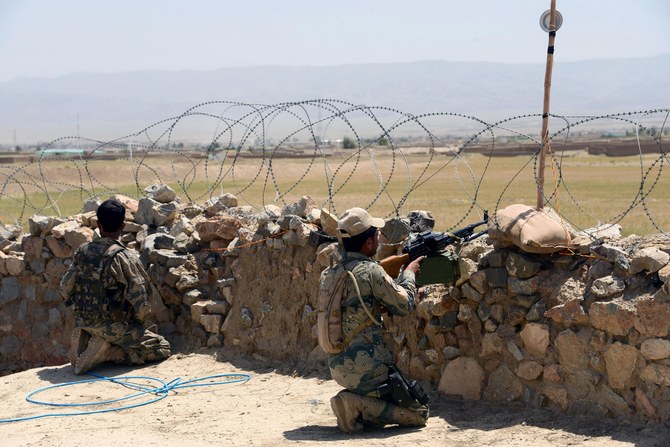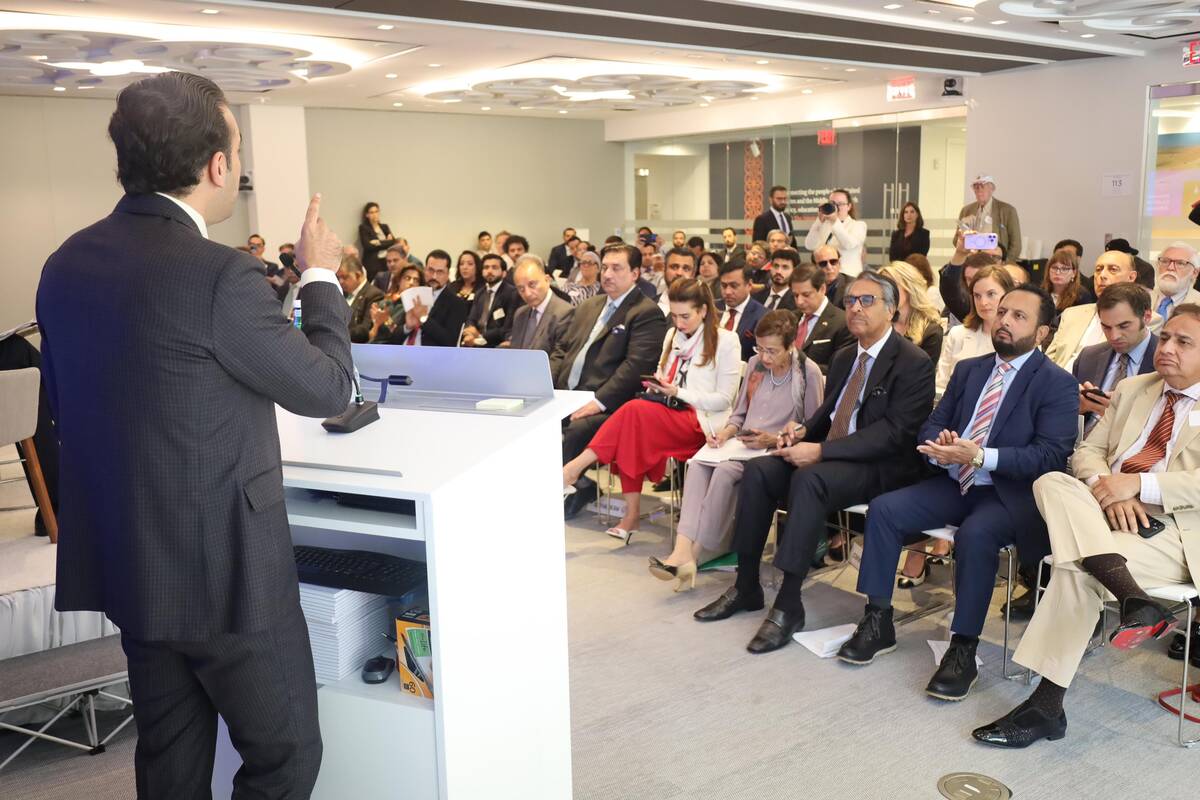ISLAMABAD: Pakistan on Thursday rejected reports in Afghan media and a statement by the Afghan Ministry of Foreign Affairs that Islamabad was conducting “illegal” border fencing on the Durand Line, which Pakistan considers today as its border and which neighboring Afghanistan refuses to recognise.
Pakistan is betting that a pair of nine-foot chain-link fences topped with barbed wire will stop incursions by militants from neighbouring Afghanistan, which opposes Islamabad’s plans for a barrier along the disputed frontier.
Pakistan plans to fence up most of the 2,500 km (1,500 mile) frontier despite Kabul’s protests that the barrier would divide families and friends along the Pashtun tribal belt straddling the colonial-era Durand Line drawn up by the British in 1893.
Pakistan expects to finish building the fence this year.
“The [foreign office] Spokesperson rejected the insinuation that Pakistan military was conducting “illegal” fencing of the Pakistan-Afghanistan border,” the foreign office said in a statement. “The Spokesperson made clear that the fencing along the Pakistan-Afghanistan border was being done to address Pakistan’s serious security concerns and was fully in accordance with the established norms of international law, without encroaching into Afghan territory.”
The Afghan side should engage on border matters through "relevant institutional mechanisms," the statement added, saying Pakistan’s suggestion to conduct joint topographic surveys had not been “positively” received by the Afghan side.
“The Spokesperson reaffirmed that Pakistan respects the territorial integrity of Afghanistan and conducts its relations with the brotherly country in accordance with the principles of UN Charter and expects reciprocity from the Afghan side,” the statement concluded.
Quoting Gran Hewad, a spokesman for the Afghan Ministry of Foreign Affairs, Afghan media reported that the ministry had protested the “illegal” border fencing with Pakistani officials.
Pakistan has long blamed Pakistani Taliban militants it says are based on Afghan soil for a spate of attacks at home, urging Kabul to eradicate “sanctuaries” for militants.
Afghanistan, in turn, accuses Islamabad of sheltering the leadership of the Afghan Taliban militants who have been battling the Western-backed government in Kabul.
Both countries deny aiding militants, but relations between the two have soured in recent years.



















